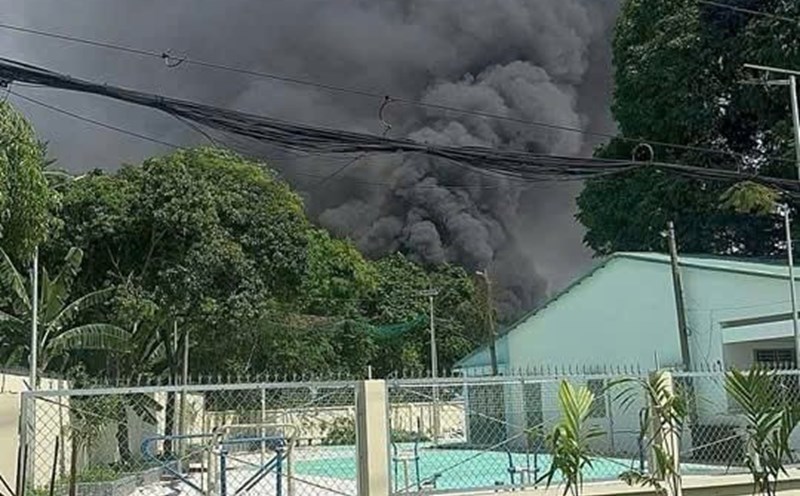This is the main crude oil transport route from Kazakhstan through Russia to the Black Sea, contributing significantly to the global energy market.
RT reported that on May 15, the US Treasury Department issued a new license No. 124, allowing the resumption of all transactions that were blocked under the January 10 sanctions, which banned oil and gas services related to Russia.
This move helps large energy corporations such as Chevron, ExxonMobil and other international partners continue to participate in two key projects: CPC and Tengizchevillion (TCO) joint venture.
The CPC currently operates a pipeline of more than 1,500 km long, transporting about 80% of Kazakhstan's oil exports. The project is funded by Russia (24% via Transneft). Other major shareholders include the US (Chevron, ExxonMobil), Kazakhstan (KazMunayGas), Russia's Lukoil.
The joint venture TCO, which is in charge of the giant Tengiz oil field in Kazakhstan, also has a similar ownership structure: Chevron holds 50%, ExxonMobil 25%, KazMunayGas 20% and Lukoil 5%.
Although previous sanctions under Executive Decree 14071 have hampered many technical services, the Trump administration has continuously made exceptions to keep the pace for global energy supply chains.
Previously, license No. 121 temporarily allowed operations at CPC and TCO until June 28, 2025, but this new license is considered a clearer affirmation that companies can continue to participate without fear of being fined.
According to the announcement from the US Treasury Department, the licensing scope includes drilling, refining, transportation and marketing - as long as the activities are associated with the two CPC and TCO projects.
Notably, earlier this year, CPC oil transit stations were temporarily paralyzed after two drone attacks by Ukraine.
This is a serious incident, which occurred just weeks after Russian President Vladimir Putin and US President Donald Trump reached a partial ceasefire agreement - according to which Russia and Ukraine did not attack each other's energy infrastructure.
The USs opening of a valve for oil flows from Kazakhstan through Russia not only reflects priority for global energy benefits, but also shows that sanctions no matter how tough they are still have room for flexibility when the geopolitical and economic balance requires.
In the global energy game, it seems that oil is still a card that is allowed to go in the wrong direction of the embargo.










